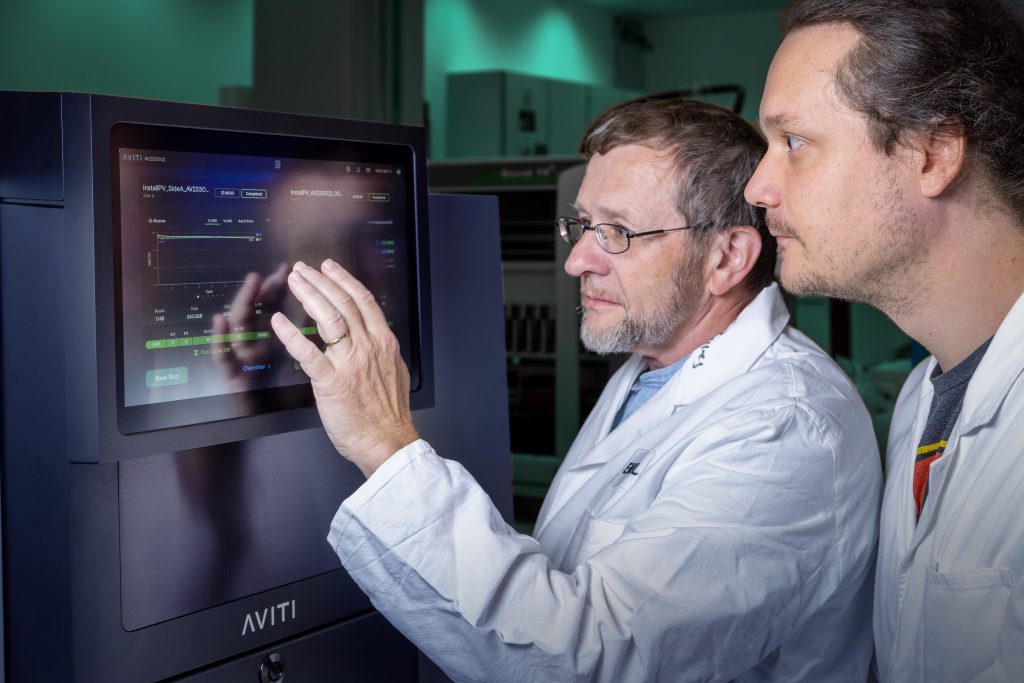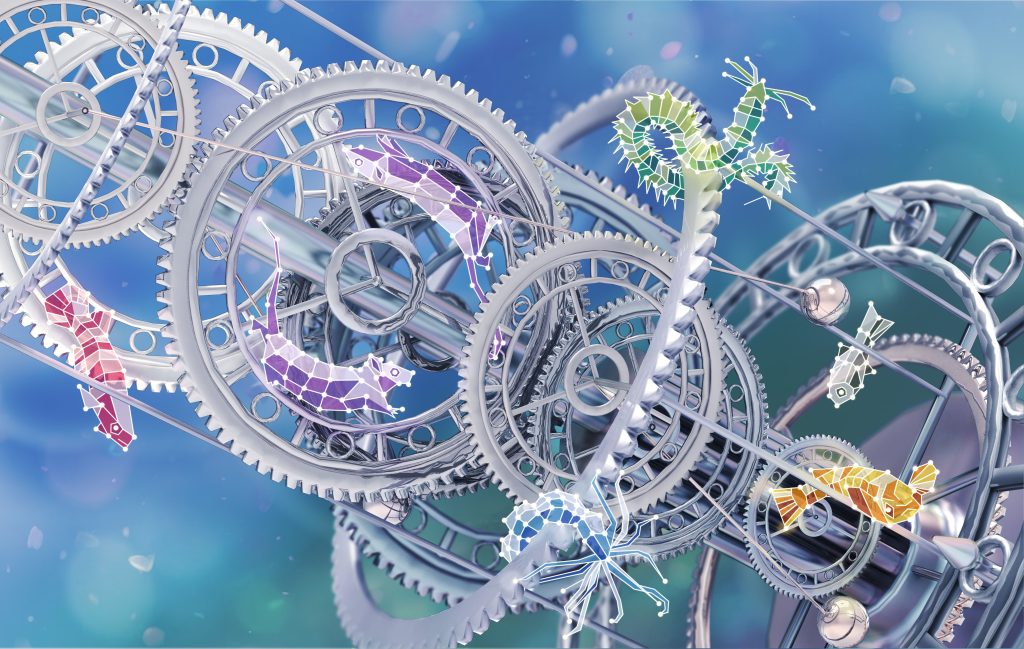8 February 2023
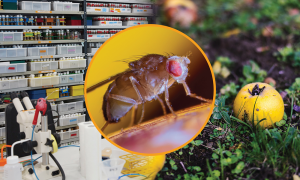
EMBL researchers are stepping outside the lab and thinking outside the box to understand the basic principles that underlie the development and evolution of organismal characteristics.
6 May 2022
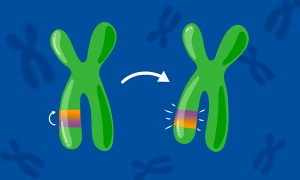
Science & Technology
Researchers at EMBL Heidelberg found that inversions in the human genome are more common than previously thought, which impacts our understanding of certain genetic diseases.
2022
sciencescience-technology
8 September 2020
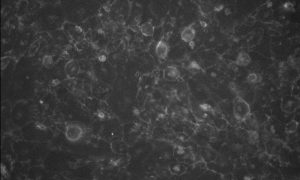
Science & Technology
Researchers have found the cause of dilated cardiomyopathy – a leading cause of heart failure – and identified a potential treatment for it: a drug already used to treat acne.
2020
sciencescience-technology
27 July 2020
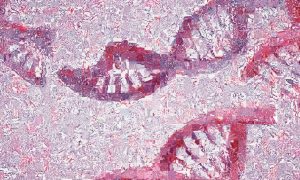
Science & Technology
Researchers have developed an artificial intelligence algorithm that uses computer vision to analyse tissue samples from cancer patients. The algorithm can distinguish between healthy and cancerous tissues, and can also identify patterns DNA and RNA changes in tumours.
2020
sciencescience-technology
24 June 2020
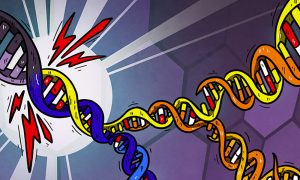
Science & Technology
DNA damage caused by chemical mutagens is not repaired immediately and can create more genetic diversity in tumours.
2020
sciencescience-technology
26 May 2020
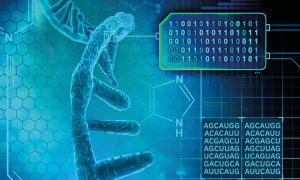
Science & Technology
EMBL scientists have performed a large-scale analysis of over 4700 SARS-CoV-2 genome sequences. They found that many of the most interesting changes in the SARS-CoV-2 genome that have been reported so far are likely to be technical artefacts, rather than biological mutations.
2020
sciencescience-technology
6 May 2020
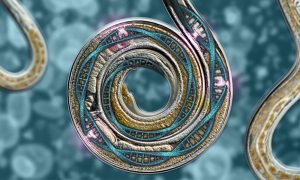
Science & Technology
DNA mutations are caused by a combination of DNA damage and repair, shows study by EMBL-EBI and collaborators.
2020
sciencescience-technology
5 February 2020
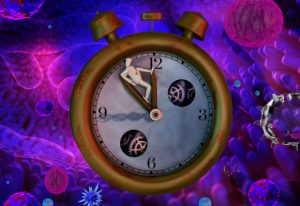
Science & Technology
EMBL co-leads most comprehensive study of genetic causes of cancer
2020
sciencescience-technology
12 September 2013
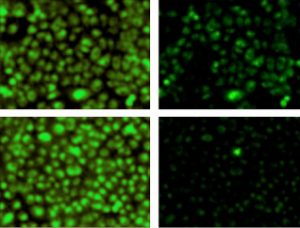
Science & Technology
Scientists at the European Molecular Biology Laboratory (EMBL) in Heidelberg and Regensburg University, both in Germany, and the University of Lisboa, in Portugal, have discovered a promising potential drug target for cystic fibrosis. Their work, published online today in Cell, also uncovers a…
2013
sciencescience-technology
31 January 2013
Science & Technology
Scientists at the EMBL-European Bioinformatics Institute (EMBL-EBI) and the MRC Laboratory of Molecular Biology in the UK have discovered how our genome keeps the effects of mutations in check. The discovery, published in the journal Cell, will help in the study of diseases such as cancer and…
2013
sciencescience-technology
22 April 2012
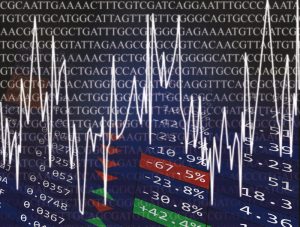
Science & Technology
Just as banks store away only the most valuable possessions in the most secure safes, cells prioritise which genes they guard most closely, researchers at the European Molecular Biology Laboratory’s European Bioinformatics Institute (EMBL-EBI) have found. The study, published online today…
2012
sciencescience-technology
19 January 2012
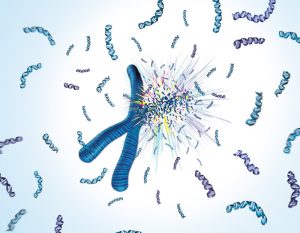
Science & Technology
An inherited mutation in a gene known as the guardian of the genome is likely the link between exploding chromosomes and some particularly aggressive types of cancer, scientists at the European Molecular Biology Laboratory (EMBL), the German Cancer Research Centre (DKFZ) and the University…
2012
sciencescience-technology
2 February 2011
Science & Technology
A detailed analysis of data from 185 human genomes sequenced in the course of the 1000 Genomes Project, by scientists at the European Molecular Biology Laboratory (EMBL) in Heidelberg, Germany, in collaboration with researchers at the Wellcome Trust Sanger Institute in Cambridge, UK, as well as the…
2011
sciencescience-technology
8 April 2008
Science & Technology
Leukaemia – cancer of blood or bone marrow – is caused by mutations that allow defective blood cells to accumulate and displace healthy blood. To devise effective therapies it is crucial to know which mutations cause leukaemia and which cell type gives rise to leukaemic cells. Researchers from…
2008
sciencescience-technology
8 July 2007
Science & Technology
Researchers from the European Molecular Biology Laboratory (EMBL) and the University of Michigan have discovered a gene that protects us against a serious kidney disease. In the current online issue of Nature Genetics they report that mutations in the gene cause nephronopthisis (NPHP) in humans and…
2007
sciencescience-technology
25 February 2007
Science & Technology
In 1918, 50 million people died during a worldwide influenza pandemic caused by mutation of a bird-specific strain of the influenza virus. Recently H5N1, another highly infectious avian strain has caused outbreaks of bird flu around the world. There is great concern that this virus might also…
2007
sciencescience-technology
6 October 2005
Science & Technology
Mutations in genes are the basis of evolution, so we owe our existence to them. Most mutations are harmful, however, because they cause cells to build defective proteins. So cells have evolved quality control mechanisms that recognize and counteract genetic mistakes. Now scientists of the Molecular…
2005
sciencescience-technology
No matching posts found













